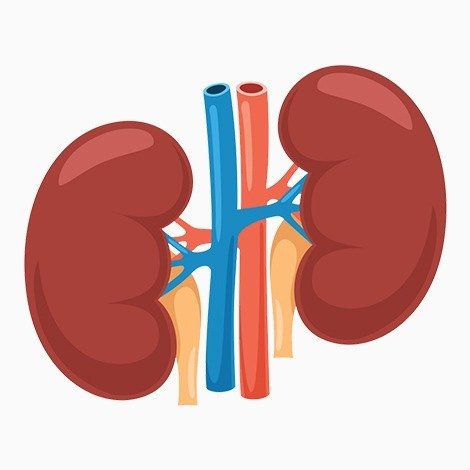
Both, the donor as well as the patient are required to get admitted into the hospital 1-2 days prior to the surgery in order to carry out the pre-surgery investigations.
The following steps were performed for conducting the kidney transplantation.
Since the donor has to undergo an abdominal surgery, the associated precautions need to be taken by the donor also. These will include wound n’t care, medications, painkillers and other medications. The donor is also advised for following a certain diet and avoiding fast food, and adding healthy food instead. The donor is advised to take certain precautions in the daily life for at least 4 to 6 weeks post surgery.
As with other transplantation surgeries, the first 24 to 48 hours are crucial after the surgery. A patient who receives a kidney transplant undergoes several blood tests and other investigations to monitor the condition and ensure a successful transplantation. Along with wound care, the patient is given a soft liquid diet for 3 to 5 days and can begin walking 24 hours after surgery. With the help of incentive spirometry and physiotherapy, the patient can get back to his normal life by 4 to 6 days. It is important that the patient and his family understand the precautions that the patient must take in order to stay healthy. Routine health check ups can help in identifying any further problems.
Kidney transplant has become a common procedure in India and also has a high success rate. Patients who receive a live donor kidney or a preserved one must follow the basic precautions in order to stay healthy and prevent any problems. This includes dietary precautions, lifestyle modifications, regular physical exercise, avoiding fast food, including multivitamins and regular health checkups. The patient must also try to keep his or her BP in control.
Returning to normal life is easy after a kidney transplant. It is important that the patient and his family understand the value of good health and our observant for any further symptoms.
Copyright © 2021. All rights reserved.